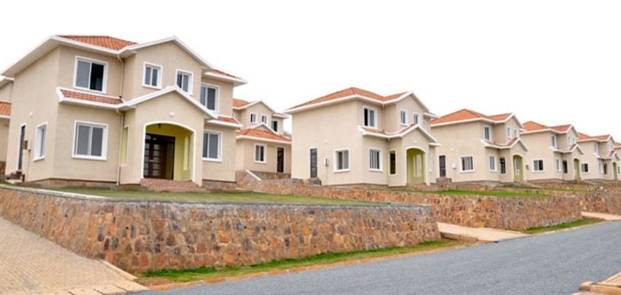Below are some of the hurdles one can expect to encounter in the real estate sector:
- Runaway land prices
“It goes without saying that developers need land in order to create new wealth and infrastructure,” Mr Kunyiha says. However, land prices in Kenya’s urban areas are skyrocketing at rates that cannot be sustained by the economy for long.
“In most circumstances, for a developer to make profit, they have to ensure that the cost of land accounts for 15-20 per cent of the total construction cost. For example, if a developer buys a piece of land at Sh50 million, they have to ensure that they put up a development whose value is above Sh300 million. This forces developers to put up high-rise buildings even in locations previously designated low-density residential areas,” Mr Kunyiha says.
Even then, it takes many years for proprietors to recoup their investments.
“The government should come up with measures to control land prices in urban areas to ease the pressure on property developers,” suggests Mr Ojijo. He further proposes that county governments consider giving land either for free or at subsidised rates to developers to stimulate development .
- Inadequate infrastructure
Infrastructure such as access roads, electricity, as well as the availability of water, do a lot to help bring down construction costs, says Mr Ojijo.
However, Mr Gikonyo Gitonga, a director at KPDA, observes that there’s a shortage of properly serviced land in the country, especially in the counties.
“Developers usually end up installing such services themselves. If one factors in the money used to build an access road to the final cost of building an apartment, the consumers will ultimately pay for the building through the nose,” Mr Gitonga offers.
He says that is why many people shy away from setting up meaningful developments in rural areas. In contrast, investors are elbowing each other for expensive pieces of land in urban areas such as Nairobi because of the existing supporting infrastructure that brings down the cost of construction.
- Unethical practices
The term “private developer” tends to evoke rather negative feelings among the public. This is because in many cases, private developers have been associated with unethical practices such as land-grabbing, building on riparian land and cutting costs at the expense of quality during construction.
The situation is exacerbated by the occasional collapse of high-rise buildings around the country, which often lead to multiple deaths.
“When such an isolated incident occurs, it only serves to give the entire development industry a bad name,” Mr Mucai acknowledges. “When KPDA was formed, one of the first items on our agenda was to come up with, and promote, tougher building standards and regulations for our members. We have worked with the National Construction Authority (NCA) to maintain building standards in the country high and ensure that developers are held accountable for their mistakes,” he adds.









